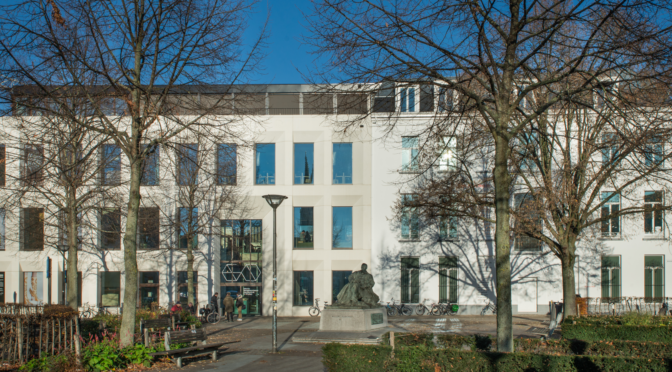Wenyan Song, Yi Han and Robert Sroufe have been recognized by Emerald Publishing for their paper “Substitution and complementarity dynamics in configurations of sustainable management practices,” (International Journal of Operations and Production Management, 2022). In the paper, the authors use QCA to understand the relationship between sustainable management practices and financial performance.
Registration fees and travel/lodging info for AQCA2024
The third annual QCA Conference of the Americas will be held in March 2024 at Northwestern University in Chicago. Registrations fees have been posted (we’ve kept the fees the same as last year) and registration will open soon.
We’ve also posted information on traveling to Northwestern, along with the link for booking at Hyatt House Chicago/Evanston, the official conference hotel.
See the following link for complete details: AQCA2024 homepage
Charles Ragin on “Dual Calibration”
Charles Ragin has published a research note on dual calibration, a heretofore undocumented function in the fs/QCA software. Dual calibration applies the direct method but uses four threshold values, allowing one to construct two fuzzy sets from a single variable, simultaneously calibrating “high-X versus not-high-X” and “low-X versus not-low-X.”
Research Note on “Stepwise Consistency Analysis” by Charles Ragin
Charles Ragin has published a research note on “Stepwise Consistency Analysis,” which offers a method of comparing consistency scores across truth table rows, in order to better understand the dynamics at work within the truth table as a whole. Read it on our “Tutorials, Guides, and Reports” page.
Analytic Induction now available
11th Annual International QCA Workshops
The 11th Annual International QCA Workshops will be held 12-14 December 2023 in Belgium. The International QCA Paper Development Workshop will be held on 12-13 December, followed by the International QCA Experts Workshop.
Organizers: Bart Cambré, University of Antwerp (bart.cambre@ams.ac.be) and Benoît Rihoux, UCLouvaine (benoit.rihoux@uclouvain.be)
COMPASSS Newsletter #50 (June 2023)
COMPASSS Newsletter #50 is now available on the newsletter page at https://compasss.org/newsletter/ [direct link].
Many thanks to our intern, Nolan Witty, for putting the newsletter together and all of the contributors from across the COMPASSS community.
CfA: 3rd Annual QCA Conference of the Americas
The 3rd Annual QCA Conference of the Americas (AQCA2024) will be held on March 20-22, 2024 at Northwestern University (Chicago, Illinois, USA). The call for abstracts is now open with submissions due on November 1, 2023. Please find complete details and updates on the conference website at https://compasss.org/aqca.
3rd Annual QCA Conference of the Americas at Northwestern University
The 3rd Annual QCA Conference of the Americas (AQCA2024) will be held on March 20-22, 2024 at Northwestern University (Chicago, Illinois, USA). The call for abstracts is now open with submissions due on November 1, 2023. Please find complete details and updates on the conference website at https://compasss.org/aqca.
CfP: Hawaii International Conference on System Sciences (HICSS)
József Mezei (Åbo Akademi University) and Shahrokh Nikou (Åbo Akademi University and Stockholm University) are organizing a QCA minitrack for HICSS (Jan 3-6, 2024). Submissions are due by June 15, 2023. Please see the call for papers for details.


